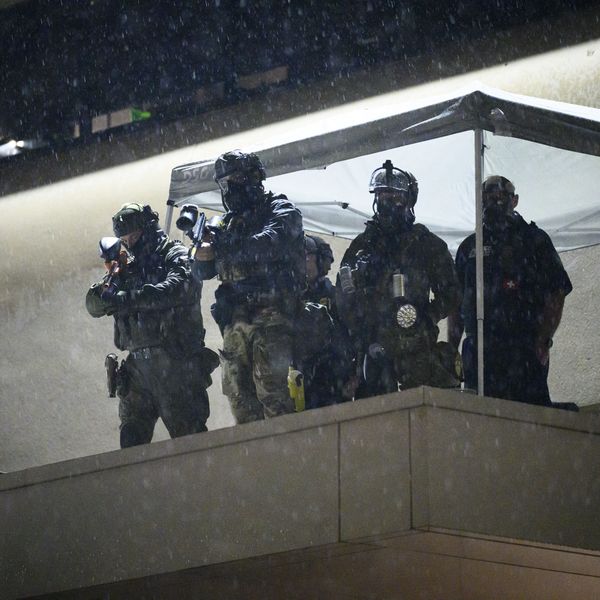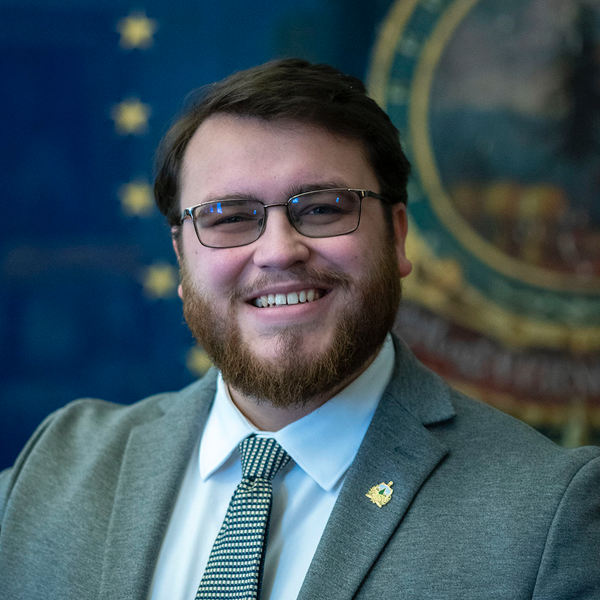A United Nations panel has ruled in favor of WikiLeaks founder Julian Assange, news outlets are reporting Thursday, in a potentially game-changing development that could lead to the whistleblower going free for the first time in nearly four years.
The UN panel is expected to announce its findings at 11am Geneva time on Friday.
As Edward Snowden noted on Twitter, "this looks big."
Assange, whose website has leaked hundreds of thousands of secret U.S. diplomatic and military cables since 2010, has spent more than three and a half years in the Ecuadorian embassy in London, having sought refuge there to avoid extradition to Sweden to face questioning over rape and sexual assault allegations.
"Should the U.N. announce tomorrow that I have lost my case against the United Kingdom and Sweden, I shall exit the embassy at noon on Friday to accept arrest by British police as there is no meaningful prospect of further appeal."
--Julian Assange, WikiLeaks
The Guardian notes that Assange "had raised repeated concerns about Swedish demands that he be questioned in person over the allegations, due to fears he may be extradited to the US. A grand jury investigation is still believed to be under way in the US following WikiLeaks' publication of the Afghan war diary and United States diplomatic cables."
He submitted a complaint (pdf) against Sweden and the UK to the UN Working Group on Arbitrary Detention in September 2014.
The application claimed Assange had been "deprived of his liberty in an arbitrary manner for an unacceptable length of time," noting that despite not having been charged, he "has no access to fresh air or sunlight, his communications are restricted and often interfered with, he does not have access to adequate medical facilities, he is subjected to a continuous and pervasive form of round the clock surveillance, and he resides in a constant state of legal and procedural insecurity."
In a statement posted Thursday on the WikiLeaks Twitter account, Assange said: "Should the U.N. announce tomorrow that I have lost my case against the United Kingdom and Sweden, I shall exit the embassy at noon on Friday to accept arrest by British police as there is no meaningful prospect of further appeal."
"However," he continued, "should I prevail and the state parties be found to have acted unlawfully, I expect the immediate return of my passport and the termination of further attempts to arrest me."
Per Samuelson, one of Assange's Swedish lawyers, told Reuters that if the UN panel judged Assange's time in the embassy to be custody, he should be released immediately.
"It is a very important body that would be then saying that Sweden's actions are inconsistent with the European Convention on Human Rights," Samuelson said. "And it is international common practice to follow those decisions."
Samuelson added to the Guardian:
This does not mean that the question of interrogation will be over. We still want an interrogation to take place so that Mr Assange can clear his name and show everyone that he is innocent.
The difference is that he will no longer be in custody in absentia and thus be able to use his asylum outside of the embassy. If Assange is regarded as detained he has already served the time, so to speak, so Marianne Ny should drop the case altogether.
But according to the BBC, which initially reported the news:
Downing Street said the panel's ruling would not be legally binding in the UK.
A government spokesman said Mr Assange still faced one allegation of rape, while a European Arrest Warrant remained in place.
"We have been consistently clear that Mr Assange has never been arbitrarily detained by the UK but is, in fact, voluntarily avoiding lawful arrest by choosing to remain in the Ecuadorean embassy," he added.
"The UK continues to have a legal obligation to extradite Mr Assange to Sweden."
The Guardian reports that "[o]utside the embassy on Thursday there was one police car and a growing media presence. A source familiar with the UN working group told the Guardian that if the Swedish or British governments ignored its decision, "it would make it very difficult for them to make use of UN human rights council decisions in the future to bring pressure on other countries over human rights violations - the ruling sends a strong political message."

